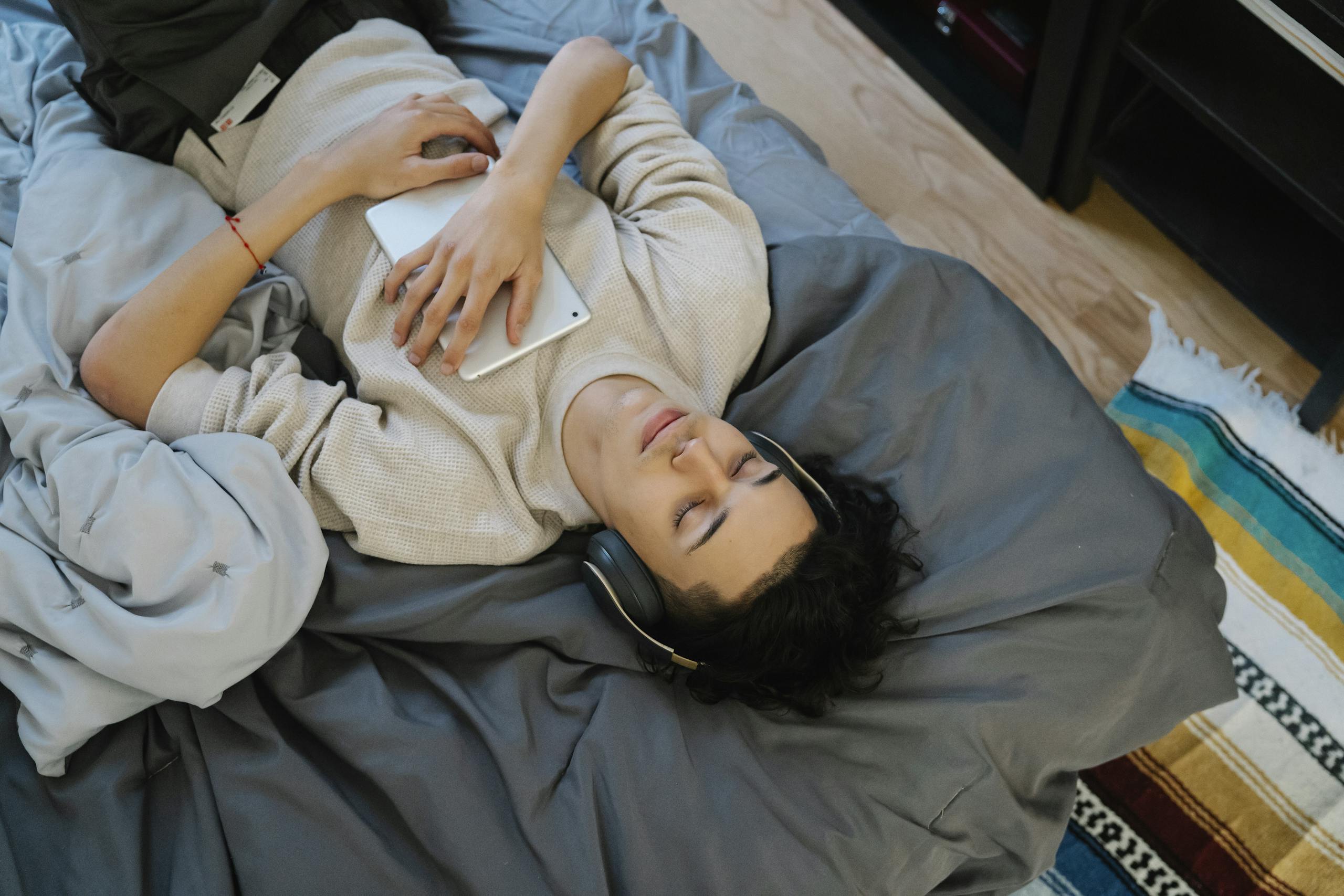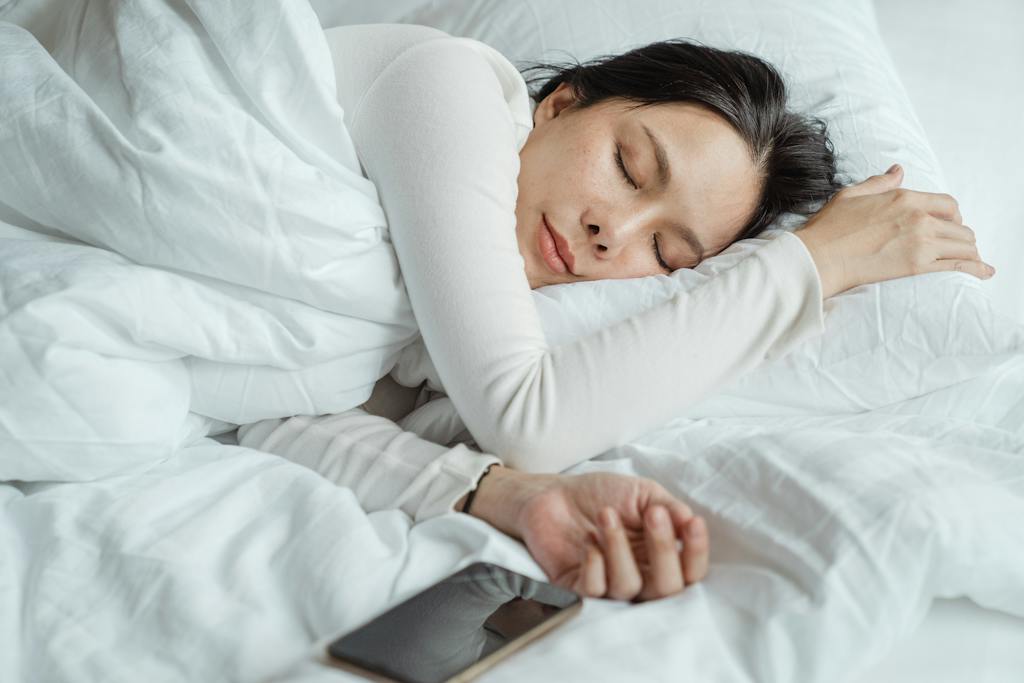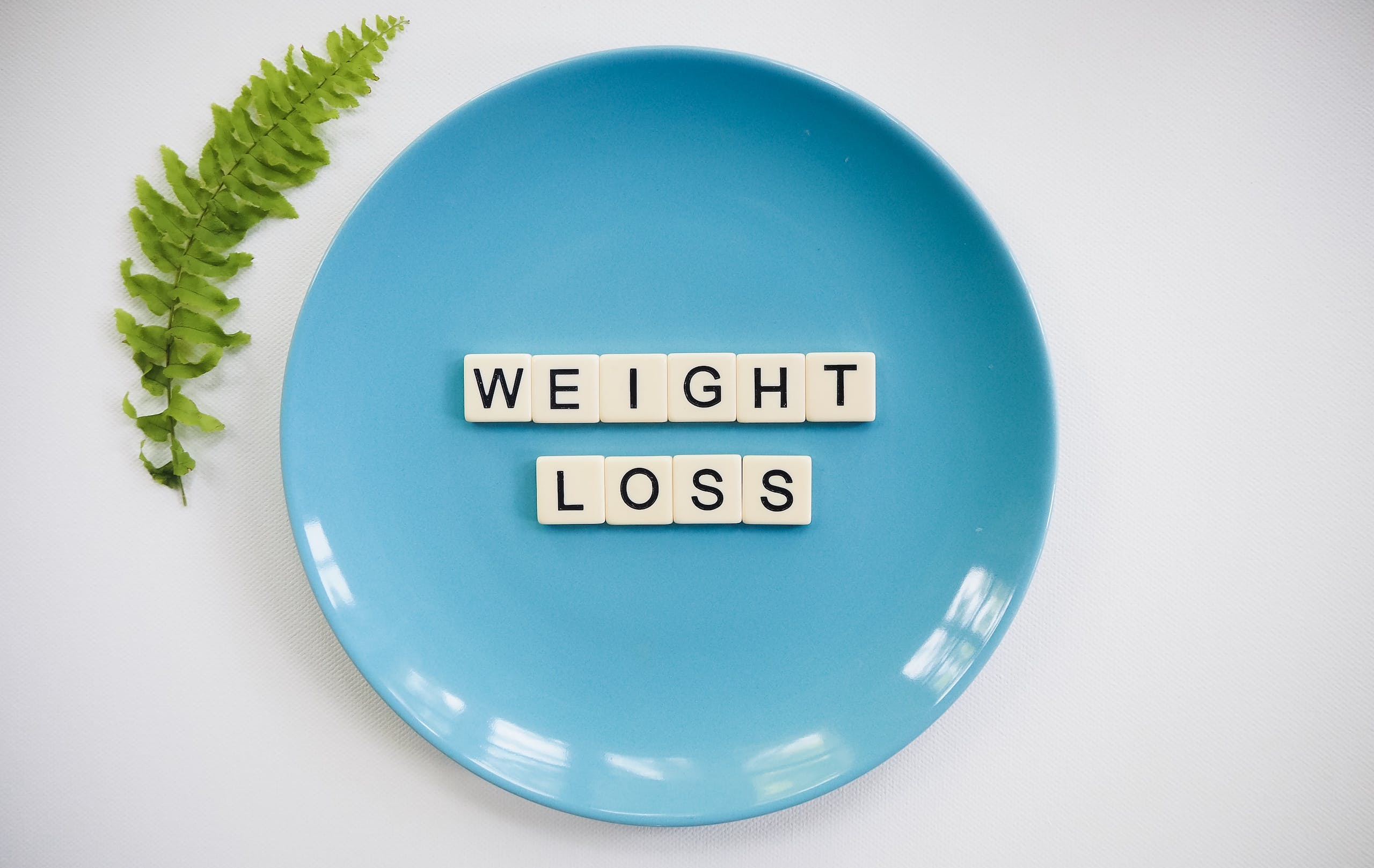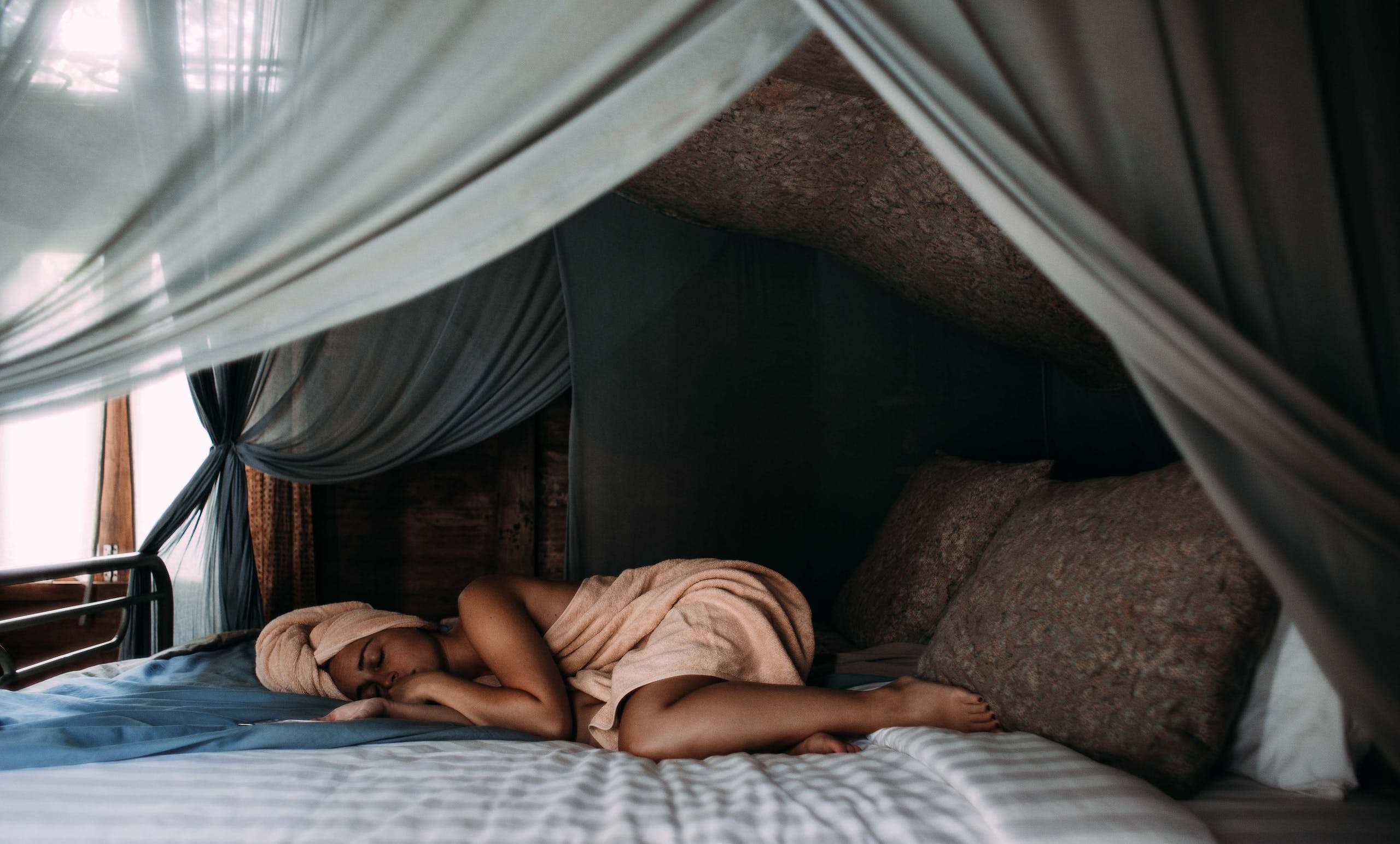The Connection Between Sleep And Aging: How Lack Of Sleep Can Affect Your Skin And Overall Health
There are some affiliate links below, but they are all products I highly recommend. For more info, view my disclosure here.
Are you someone who tosses and turns at night, struggling to get a good night’s rest? Do you find yourself constantly fatigued during the day, despite getting what you think is enough sleep? If so, you may be doing more harm to your body than you realize.
The connection between sleep and aging is becoming increasingly clear, and the effects of a lack of sleep on your skin and overall health can be significant.
When it comes to skincare, sleep is often overlooked as a crucial component of a healthy routine. However, studies have shown that a lack of sleep can lead to a host of skin issues, including dark circles, puffiness, and even premature aging.
But it’s not just your skin that suffers when you don’t get enough sleep. Your entire body, including your immune system and mental health, can be negatively impacted by a lack of quality rest.
So, if you’re looking to age gracefully and maintain a healthy body, it’s time to start prioritizing your sleep.

The Importance of Sleep for Skin Health
You need to prioritize getting enough sleep if you want to keep your skin looking youthful and glowing, because lack of sleep can cause wrinkles, dullness, and even acne breakouts.
When you don’t get enough sleep, your body produces more cortisol, a hormone that breaks down collagen and elastin, which are responsible for keeping your skin firm and elastic. As a result, your skin becomes less resilient, making it more prone to wrinkles and fine lines.
Sleep is also essential for skin cell regeneration and repair. When you sleep, your body produces more human growth hormone (HGH), which is responsible for stimulating cell growth and regeneration. This means that while you sleep, your skin is actively repairing and renewing itself. Without enough sleep, your skin may not have enough time to regenerate, leading to a dull and lackluster complexion.
Lastly, lack of sleep can also lead to increased inflammation in the body, which can exacerbate skin conditions such as acne, psoriasis, and eczema. Inflammation can also lead to a breakdown of collagen and elastin, further accelerating the aging process.
To keep your skin looking its best, it’s important to prioritize sleep and aim for 7-9 hours of restful sleep each night. Your skin (and overall health) will thank you!
The Role of Cortisol in Aging
When cortisol levels increase due to stress, it can accelerate the aging process and lead to negative health effects.
Cortisol is a hormone that the body produces in response to stress or anxiety. In small amounts, it is essential for the body to function properly, but when cortisol levels remain elevated for prolonged periods, it can cause damage to cells and tissues, leading to premature aging.
One of the primary ways cortisol affects the aging process is by damaging collagen and elastin, two proteins that are crucial for maintaining healthy and youthful-looking skin. These proteins provide structure and elasticity to the skin, and when they are damaged, the skin can become saggy, wrinkled, and dull.
Elevated cortisol levels can also lead to increased inflammation, which can contribute to a wide range of health problems, including heart disease, diabetes, and cancer.
To combat the negative effects of cortisol on aging, it’s essential to manage stress levels effectively. This can involve making lifestyle changes such as getting enough sleep, exercising regularly, and practicing relaxation techniques such as meditation or yoga.
Additionally, incorporating a healthy diet rich in antioxidants and vitamins can help protect against the damaging effects of cortisol and promote overall health and well-being.
By taking steps to manage stress and support your body’s natural defenses, you can help slow down the aging process and maintain youthful-looking skin and a healthy body.
Health Risks Associated with Lack of Sleep
It’s important to understand the risks that come with not getting enough sleep, as it can have serious implications for your physical and mental well-being. Lack of sleep can lead to a variety of health risks, including obesity, diabetes, heart disease, and even depression. When you don’t get enough sleep, your body produces more of the hormone cortisol, which can cause an increase in blood sugar levels and inflammation, both of which are linked to these health conditions.
Additionally, lack of sleep can also have negative effects on your skin. When you don’t get enough sleep, your body has a harder time repairing and regenerating skin cells. This can lead to a dull complexion, fine lines, and wrinkles. Lack of sleep can also cause your skin to become dehydrated, which can make it look and feel dry and flaky.
Furthermore, not getting enough sleep can also affect your cognitive function and overall mood. When you’re sleep-deprived, you may have trouble concentrating, making decisions, and even remembering things. You may also feel irritable, anxious, or depressed. These effects can have a significant impact on your overall quality of life, so it’s important to prioritize getting enough sleep each night.
Tips for Improving Sleep as You Age
Improving your sleep habits as you age can make a significant difference in how you feel physically and mentally, allowing you to enjoy life to the fullest. Here are a few tips to help you improve your sleep quality:
-
Stick to a consistent sleep schedule. Try to go to bed and wake up at the same time every day, even on weekends. This helps regulate your body’s internal clock and can improve the quality of your sleep.
-
Create a relaxing bedtime routine. Take a warm bath, read a book, or listen to calming music to help your mind and body wind down before sleep. Avoid stimulating activities like watching TV or using electronic devices, as the blue light emitted from screens can interfere with your body’s ability to produce melatonin, the hormone that regulates sleep.
-
Create a sleep-conducive environment. Make sure your bedroom is cool, dark, and quiet. Invest in a comfortable mattress and pillows, and consider using blackout curtains or a white noise machine to block out any external noise or light that may disrupt your sleep.
By following these simple tips, you can improve your sleep quality and enjoy better physical and mental health as you age.
Holistic Approaches to Promoting Skin and Overall Health
You can take a holistic approach to achieve glowing skin and optimal health by incorporating natural remedies and healthy lifestyle habits into your daily routine. One way to promote healthy skin is by incorporating probiotics into your diet. Probiotics help to balance the bacteria in your gut, which can lead to clearer skin and a stronger immune system.
Another natural remedy for promoting skin health is by using essential oils. Different essential oils have different benefits, such as lavender oil for calming the skin and reducing inflammation, or tea tree oil for treating acne. You can mix a few drops of essential oil with a carrier oil, such as coconut oil or jojoba oil, and apply it to your skin.
In addition to natural remedies, practicing healthy lifestyle habits can also promote skin and overall health. This includes drinking plenty of water, getting enough exercise, and managing stress. Adequate sleep is also important, as lack of sleep can lead to tired-looking skin and a weakened immune system.
By incorporating these habits into your daily routine, you can achieve glowing skin and optimal health.





